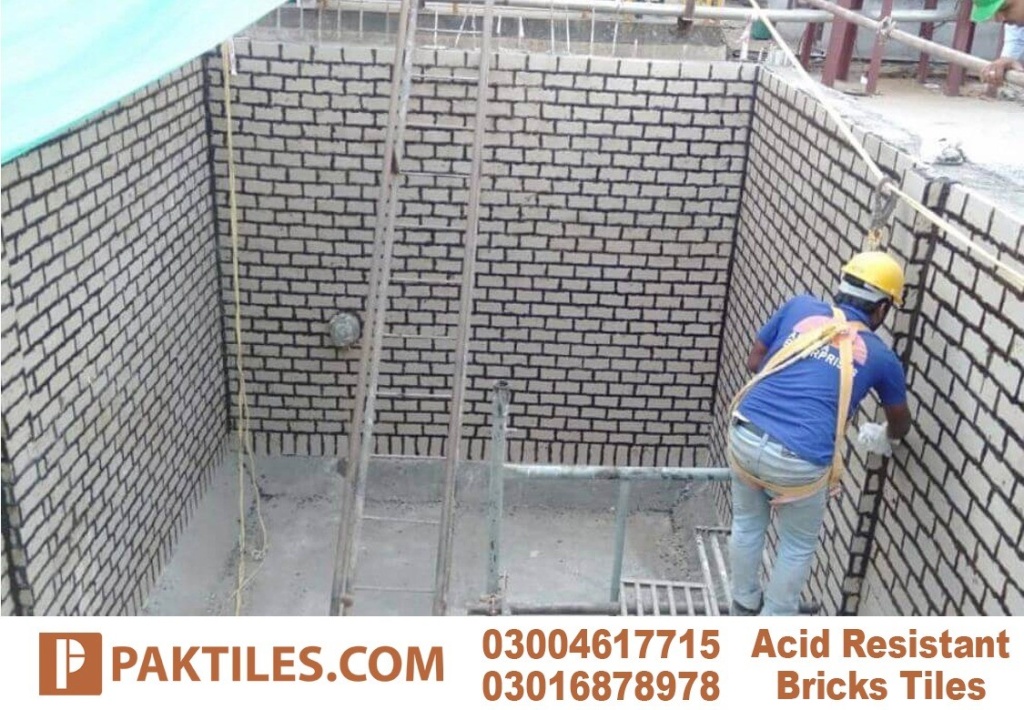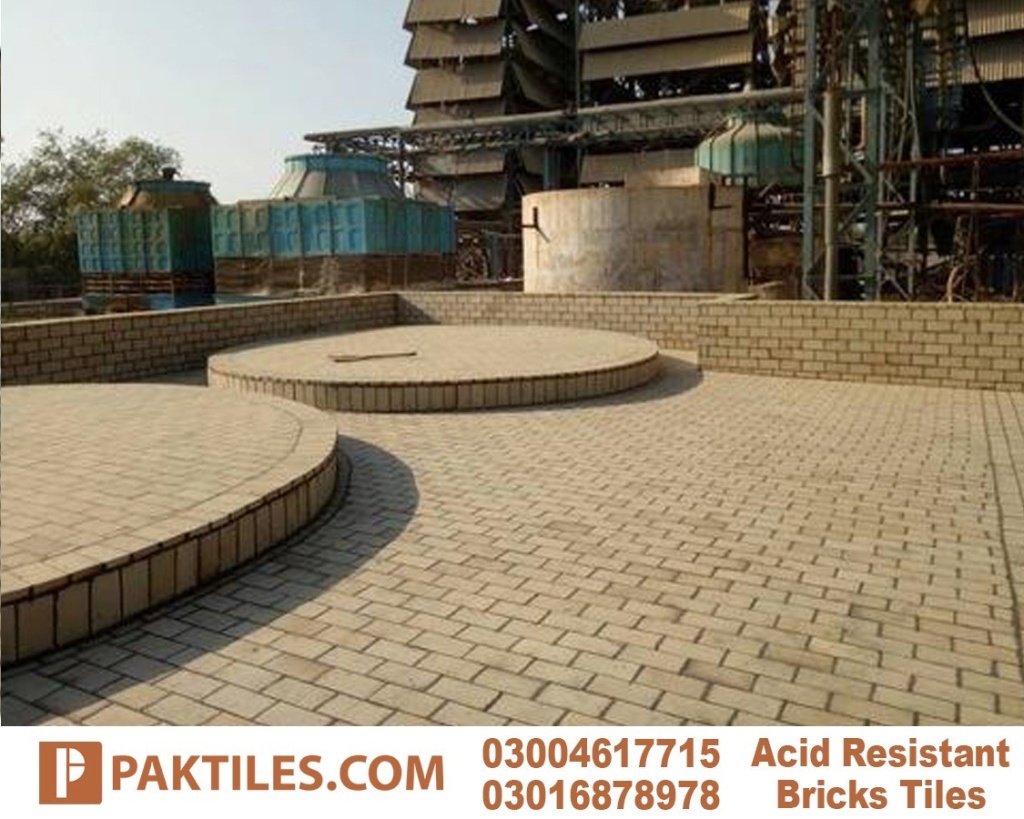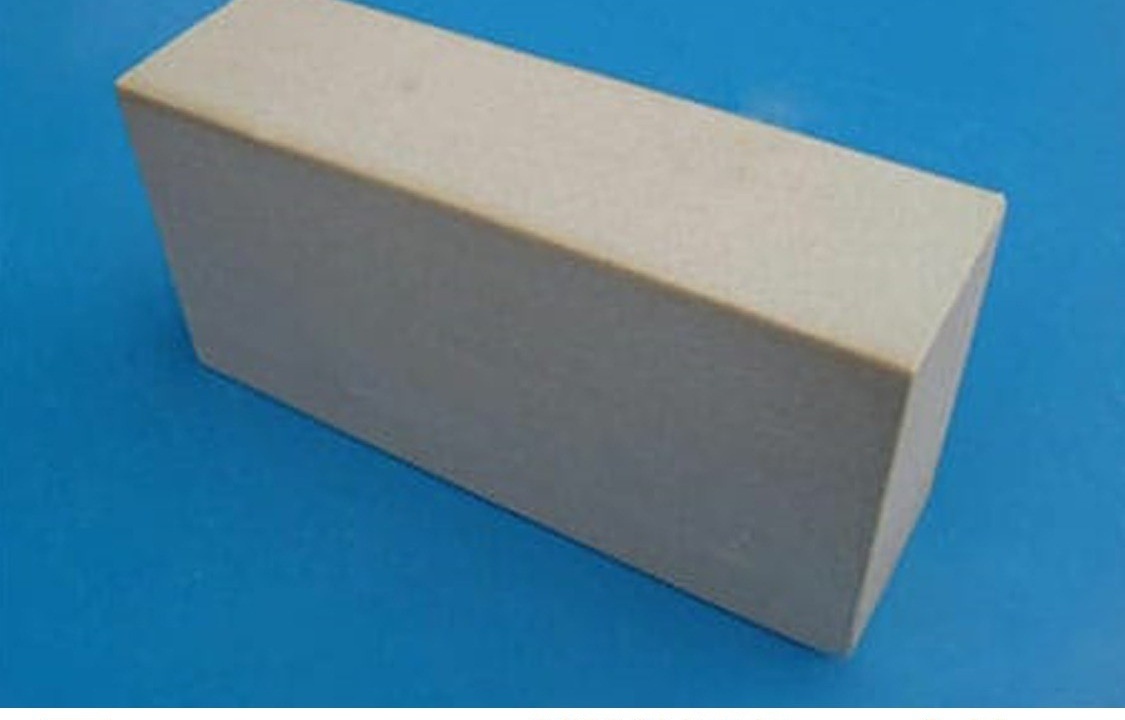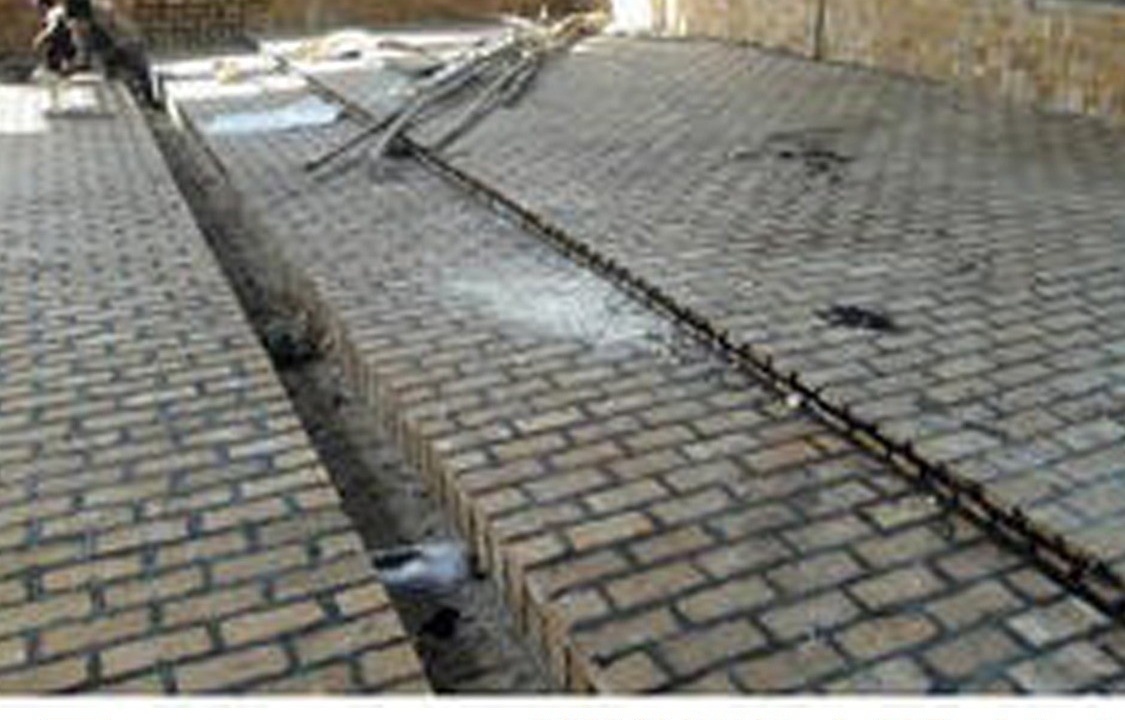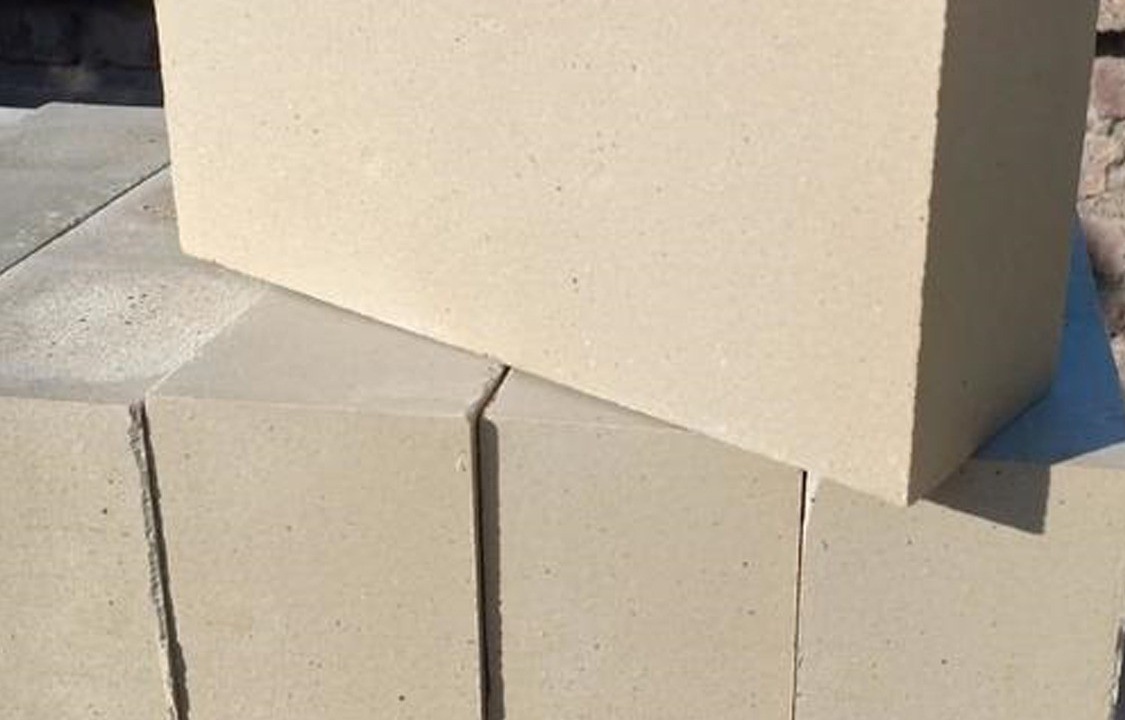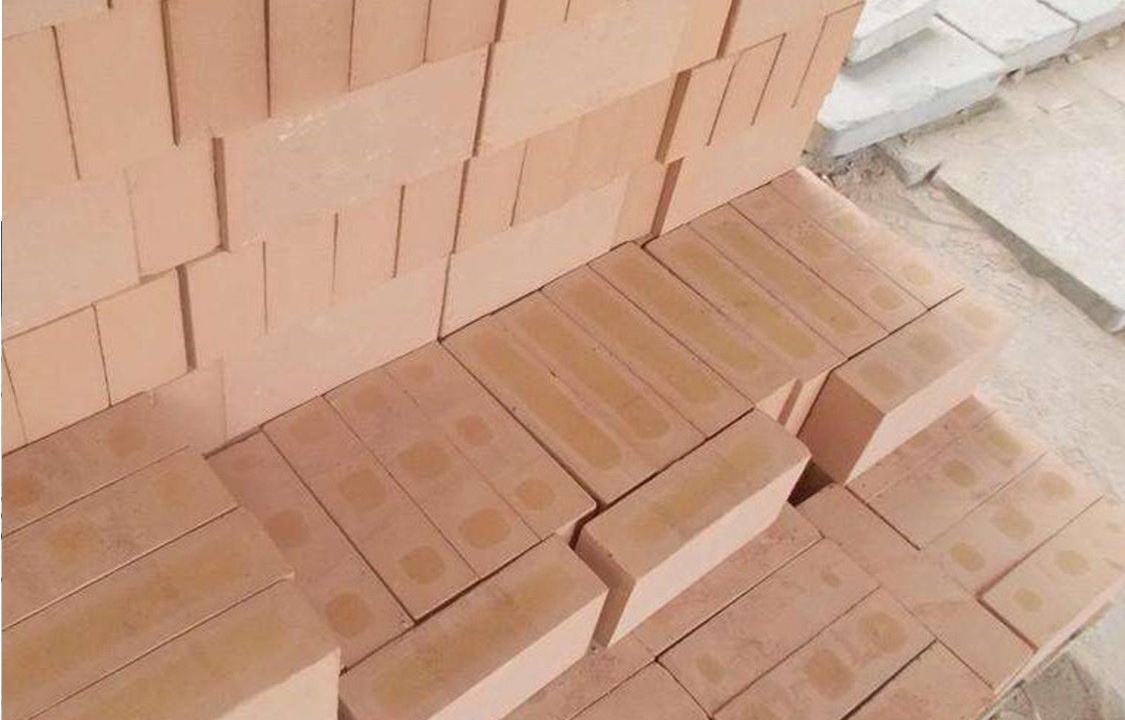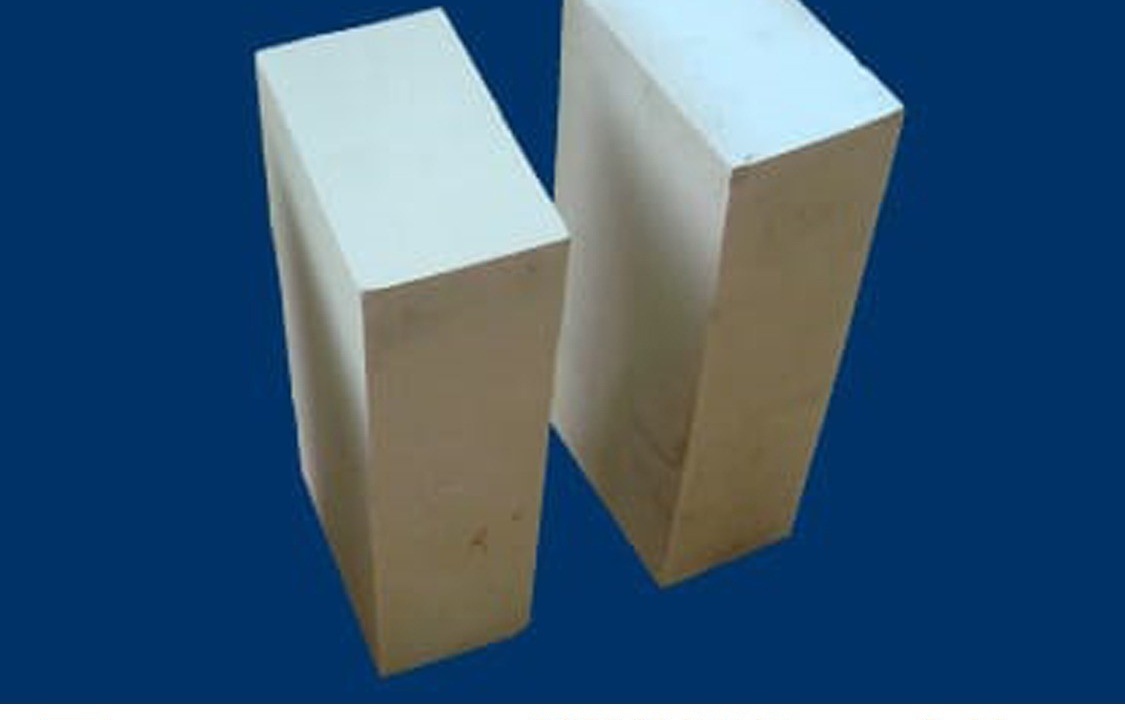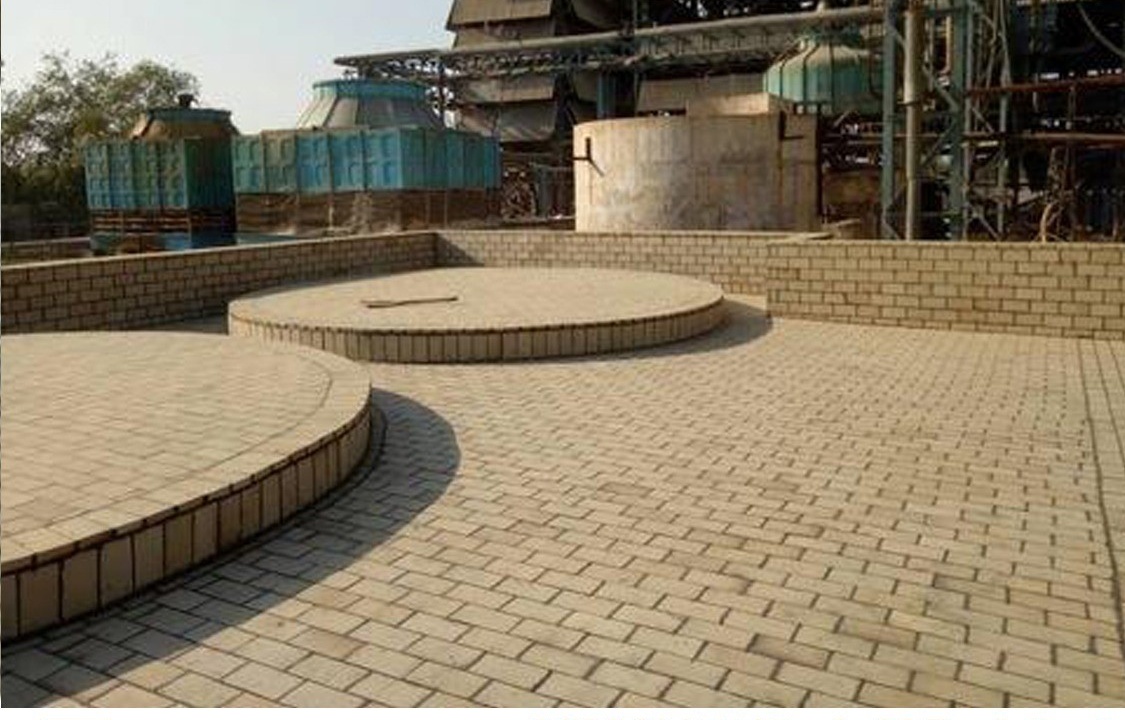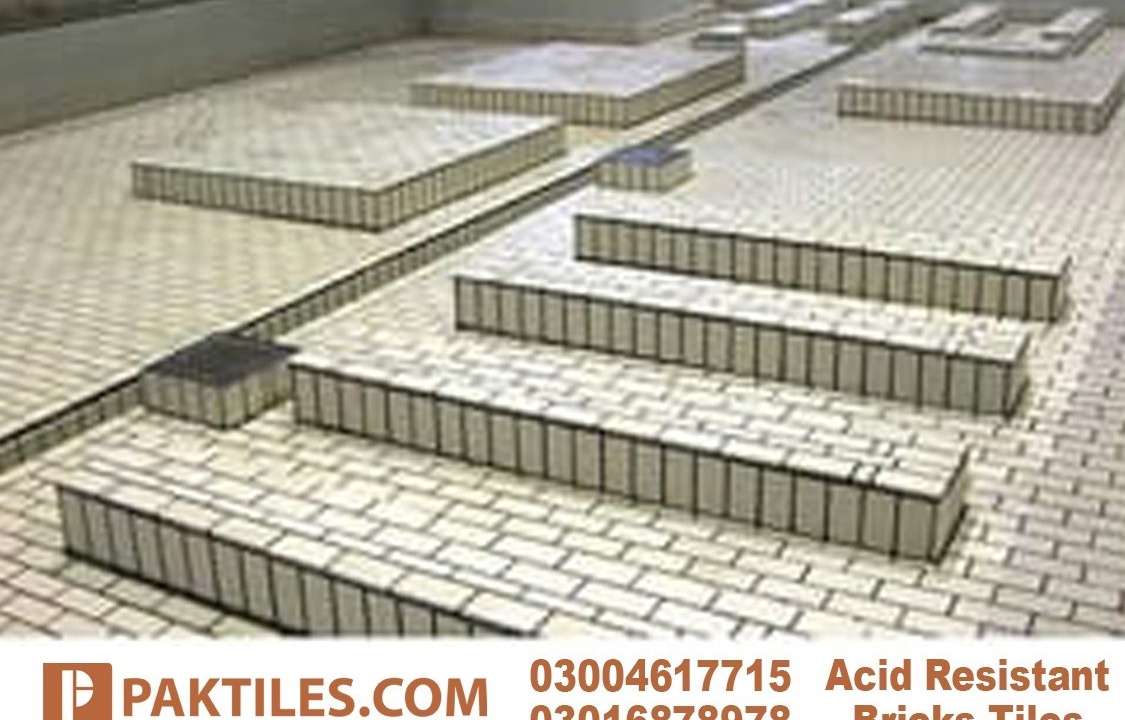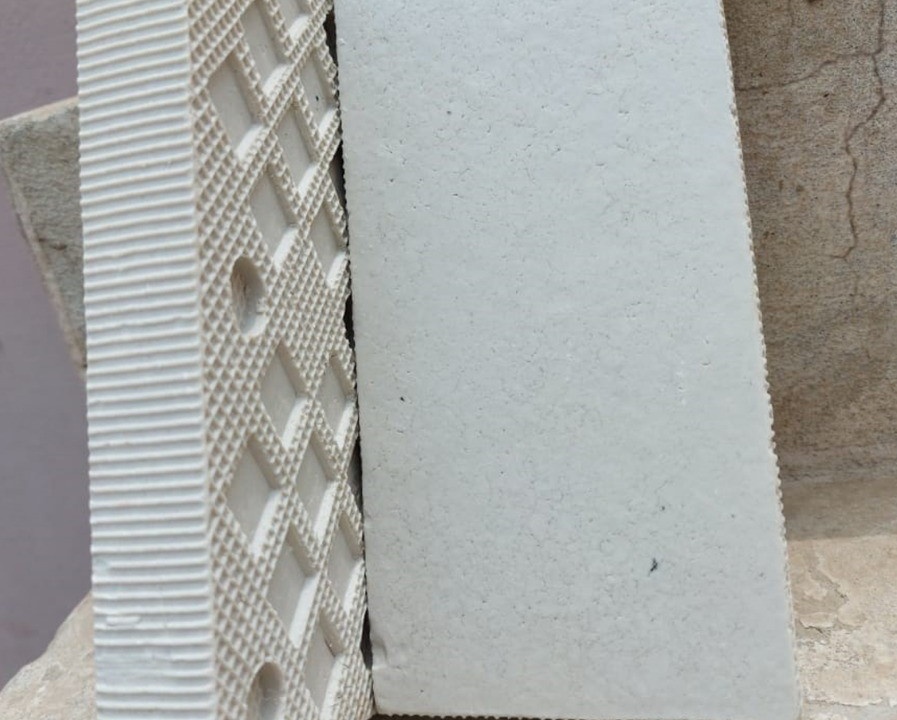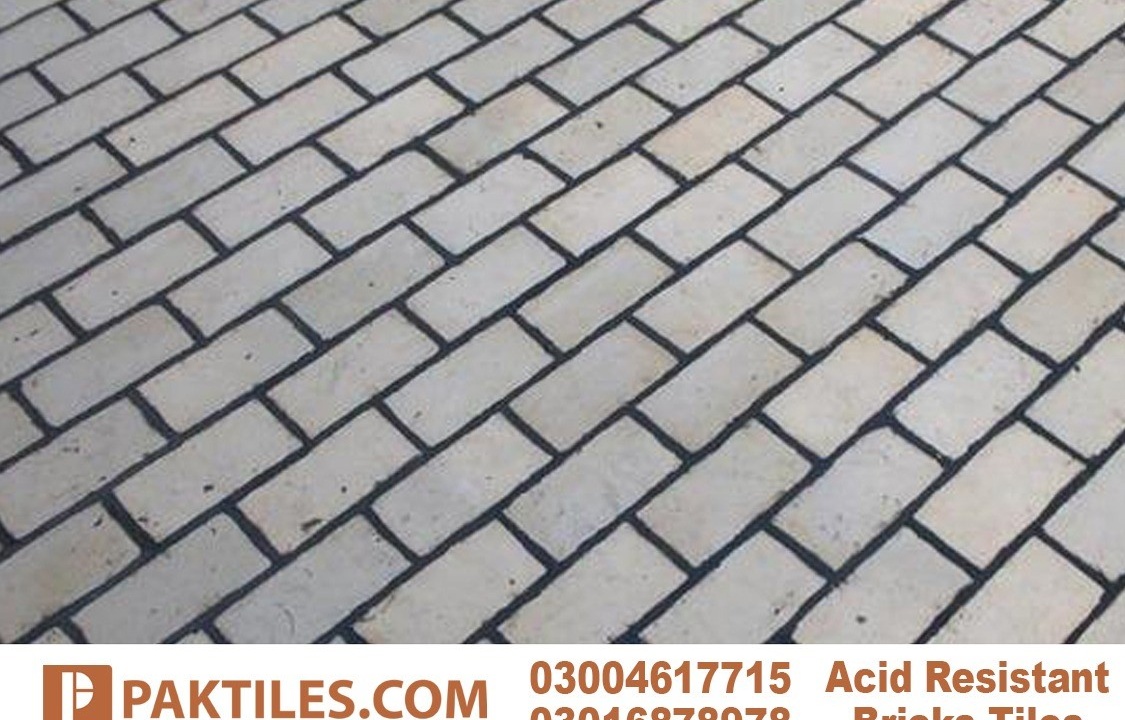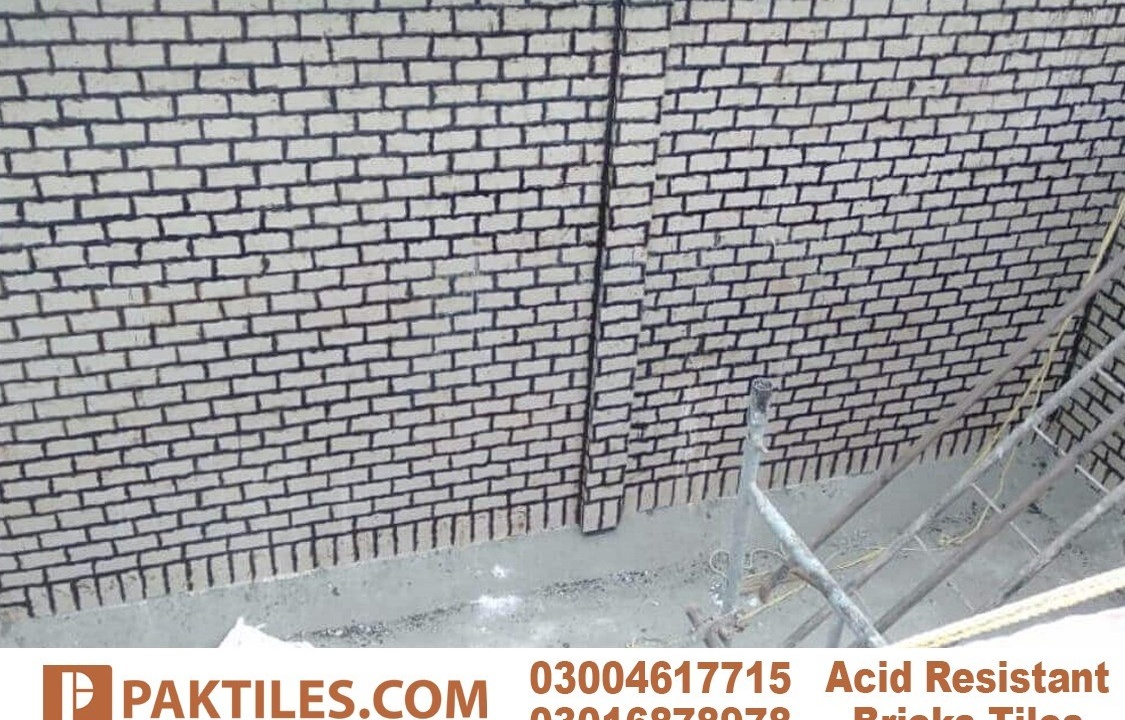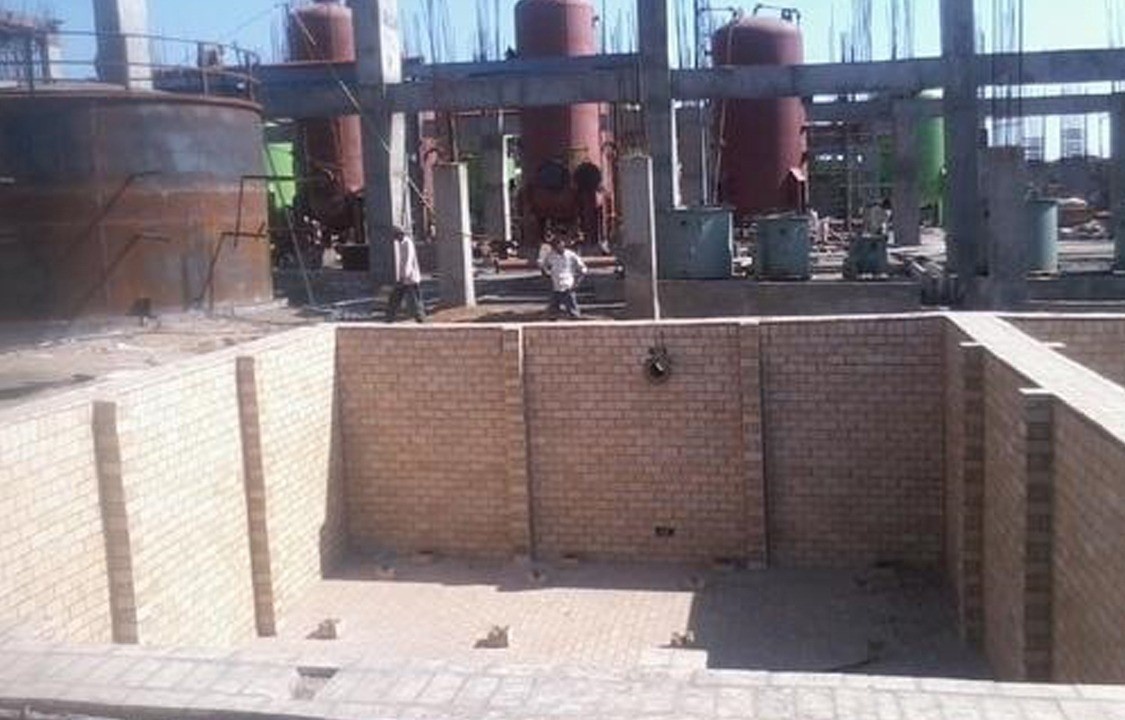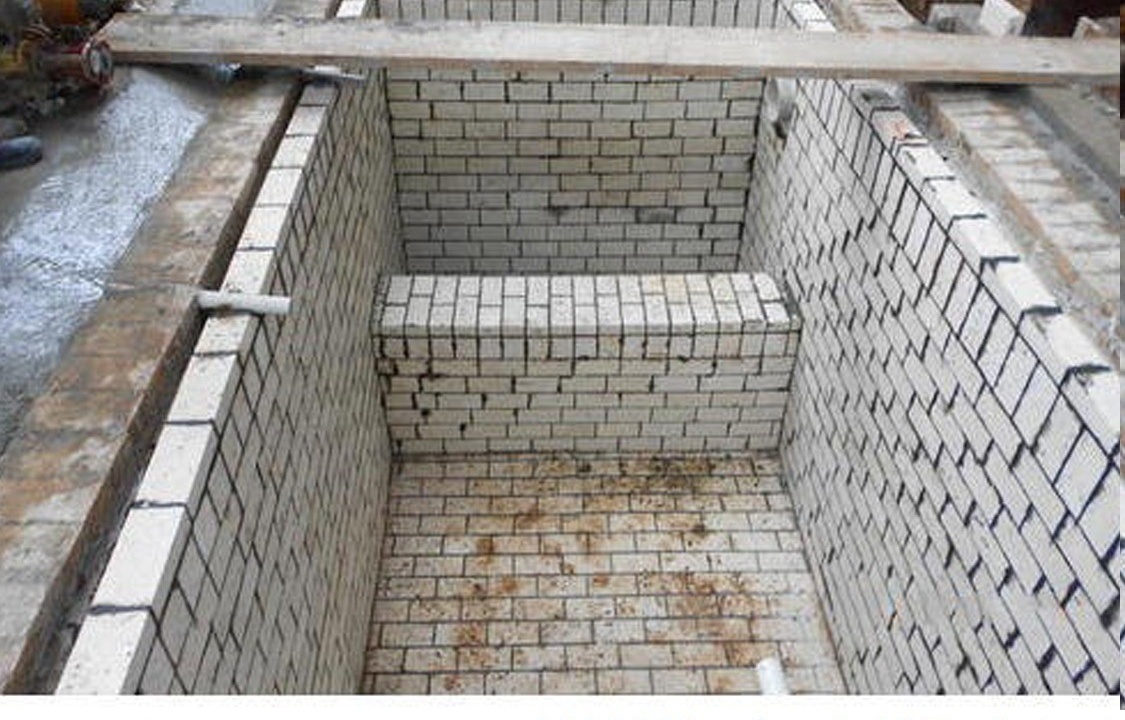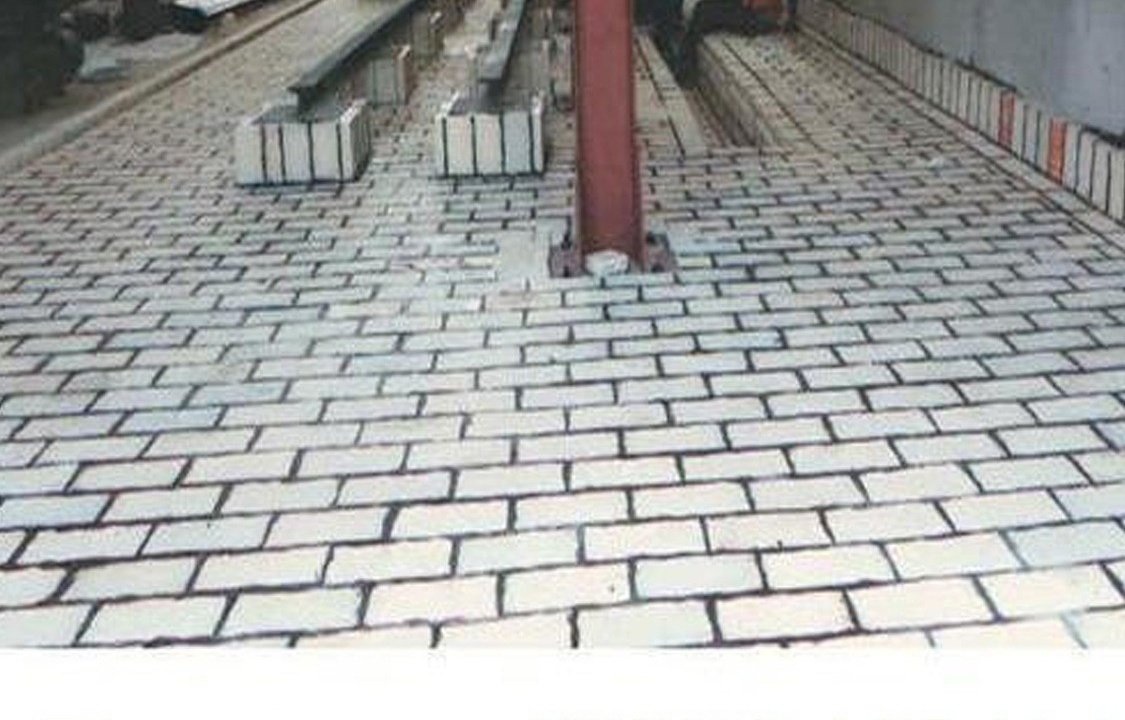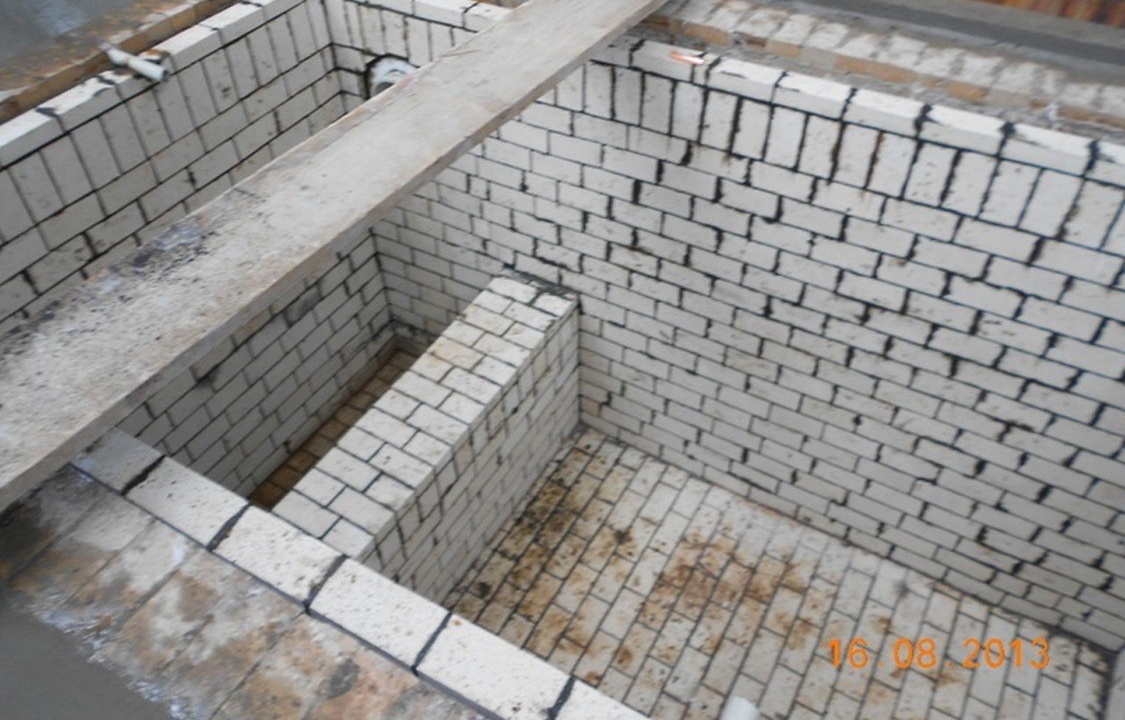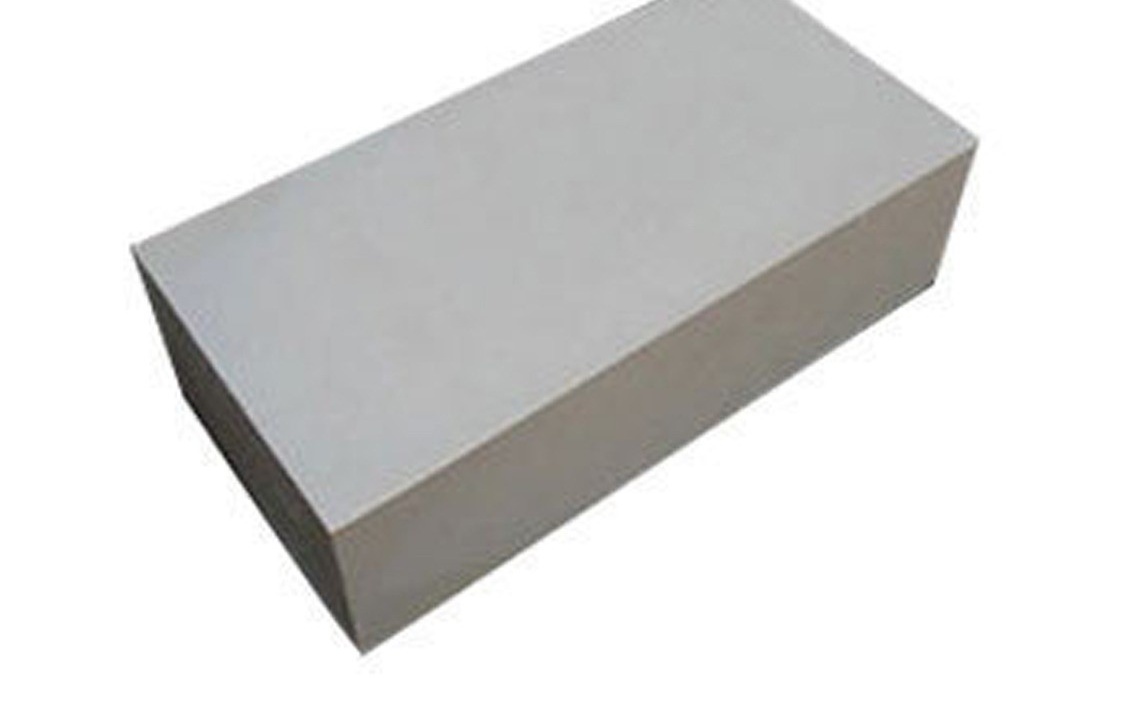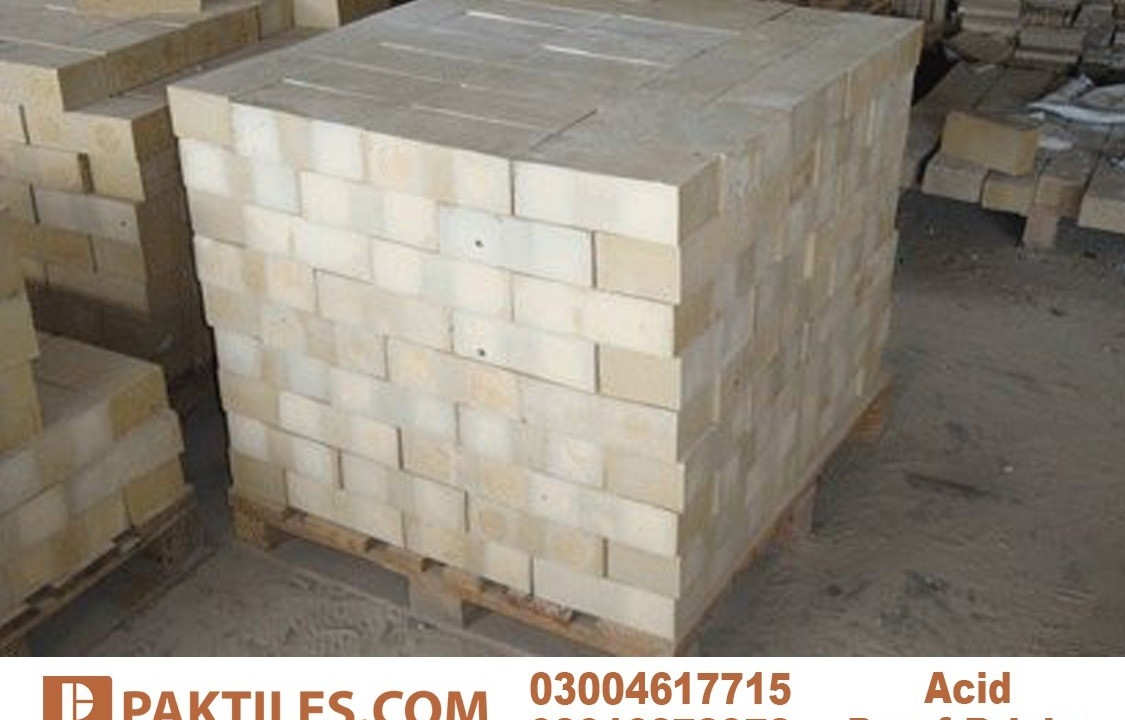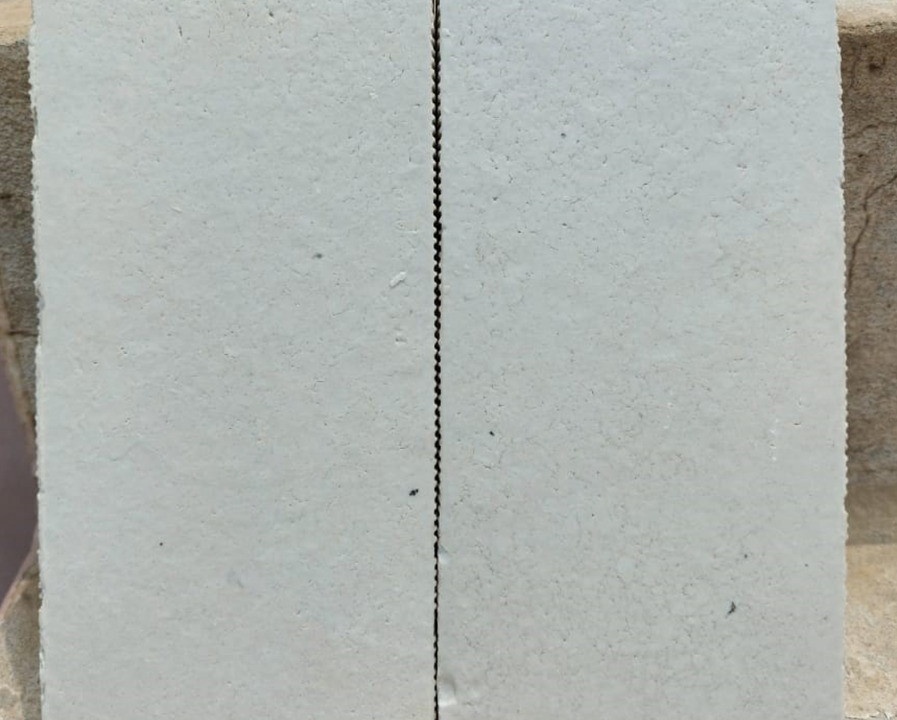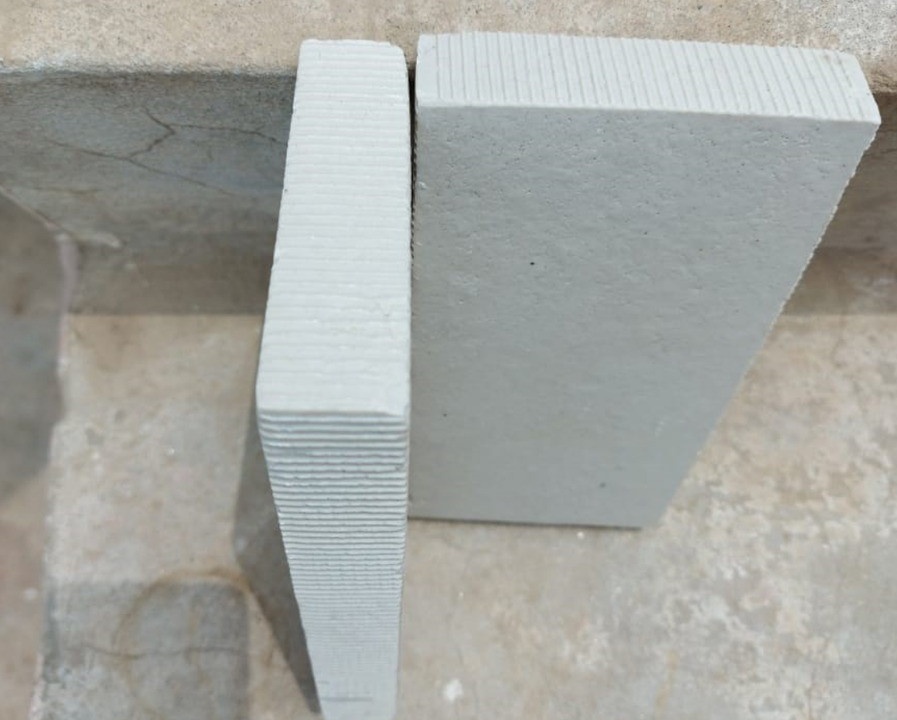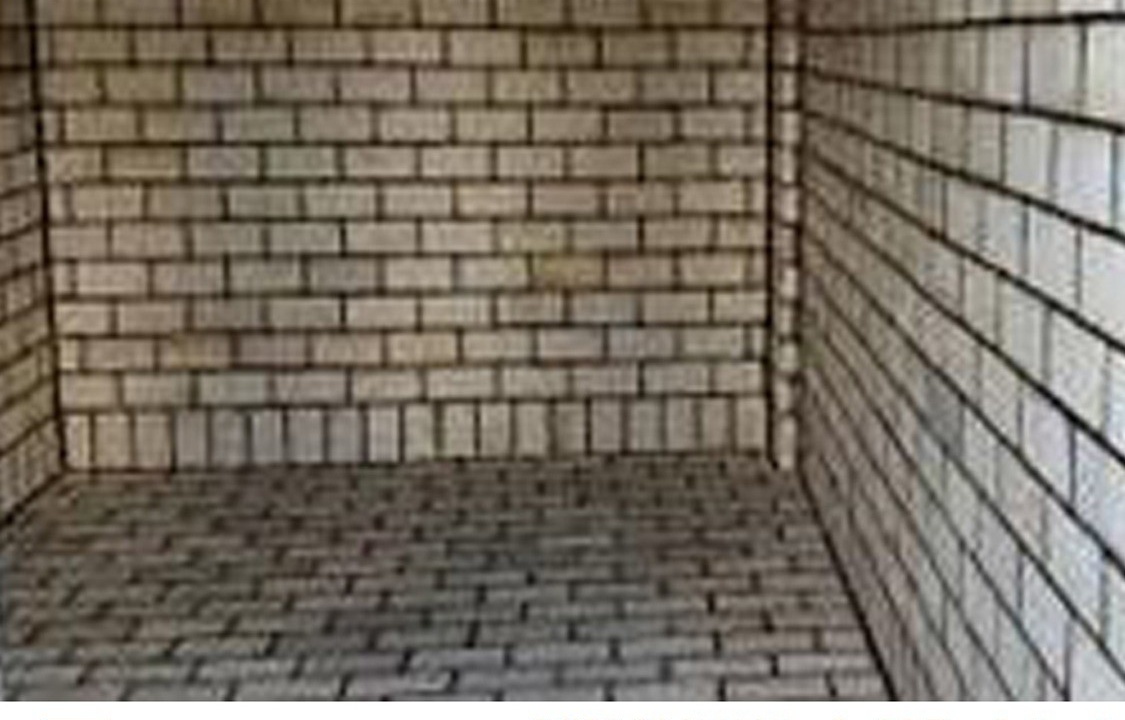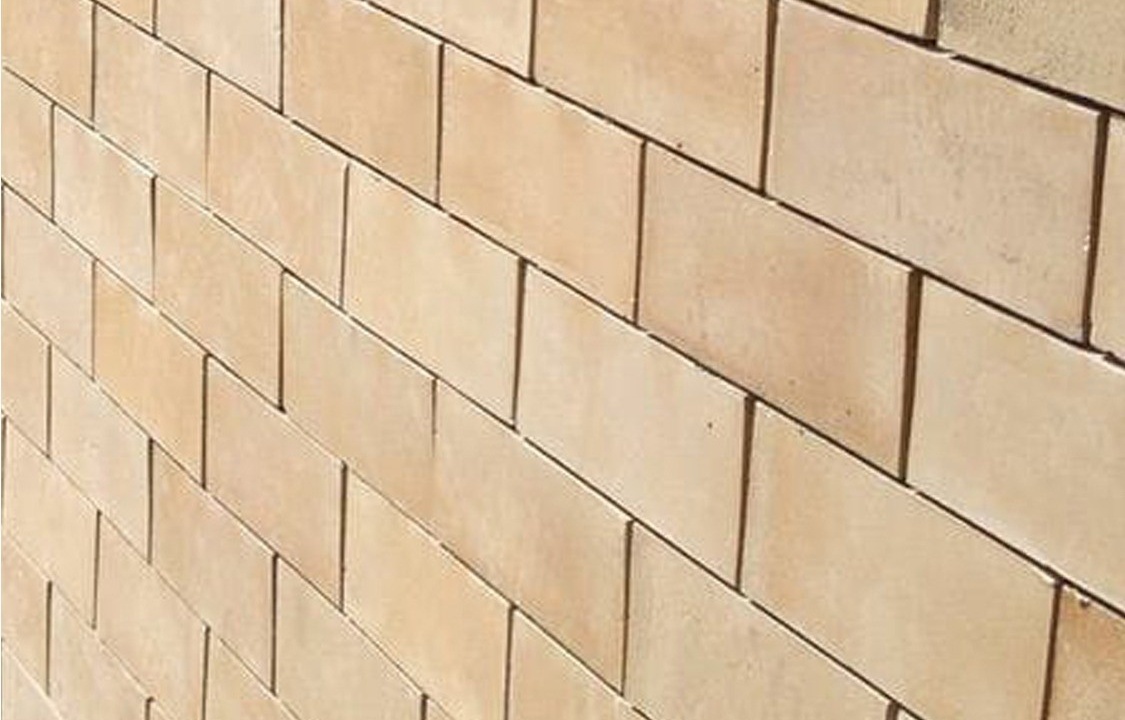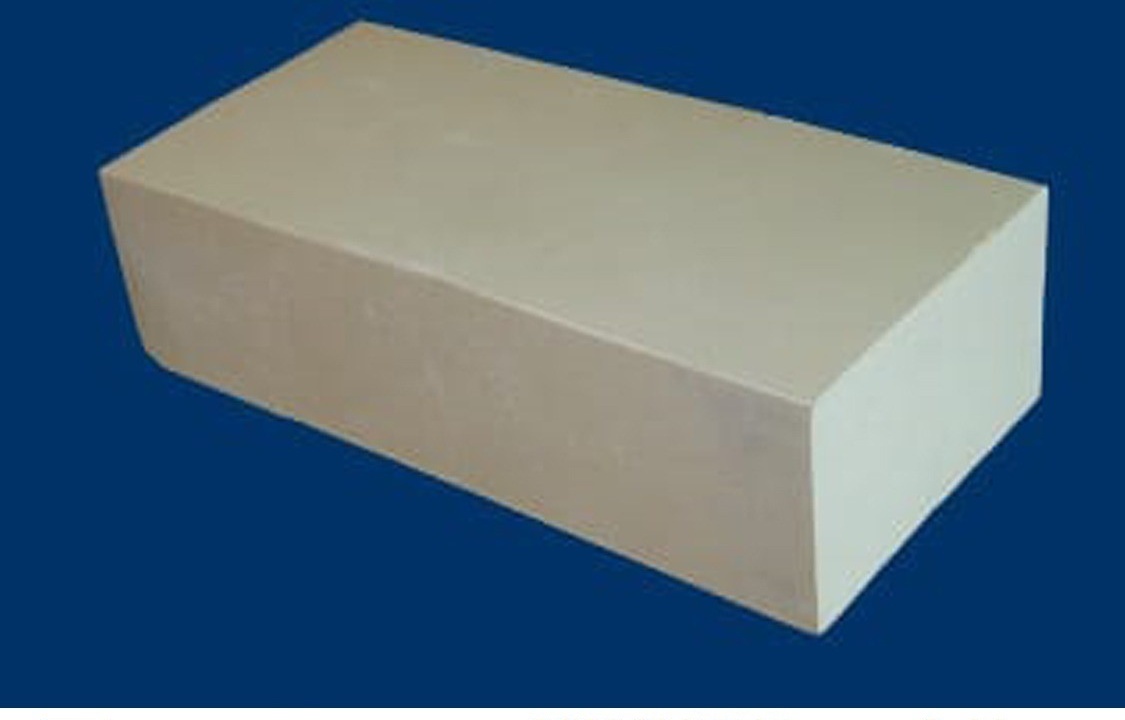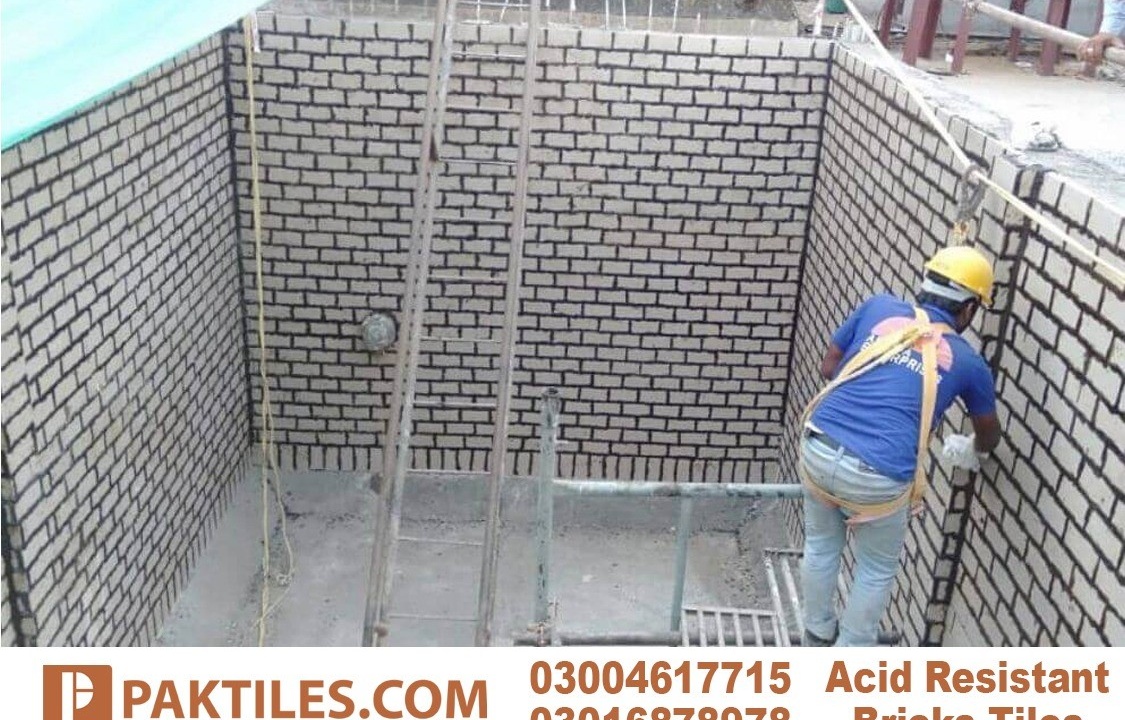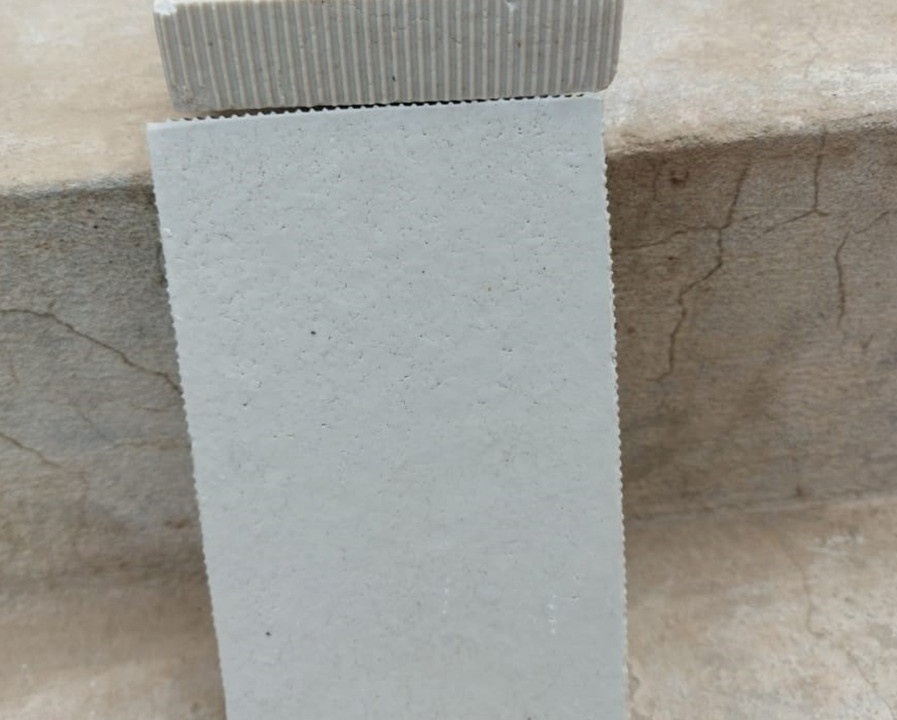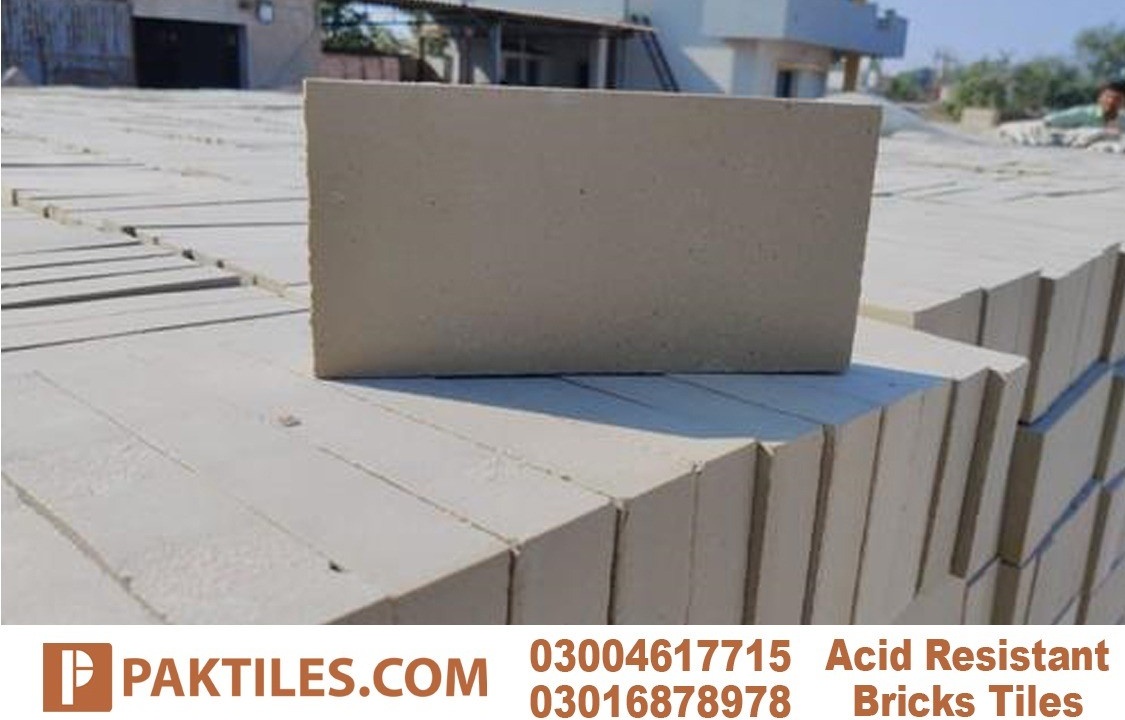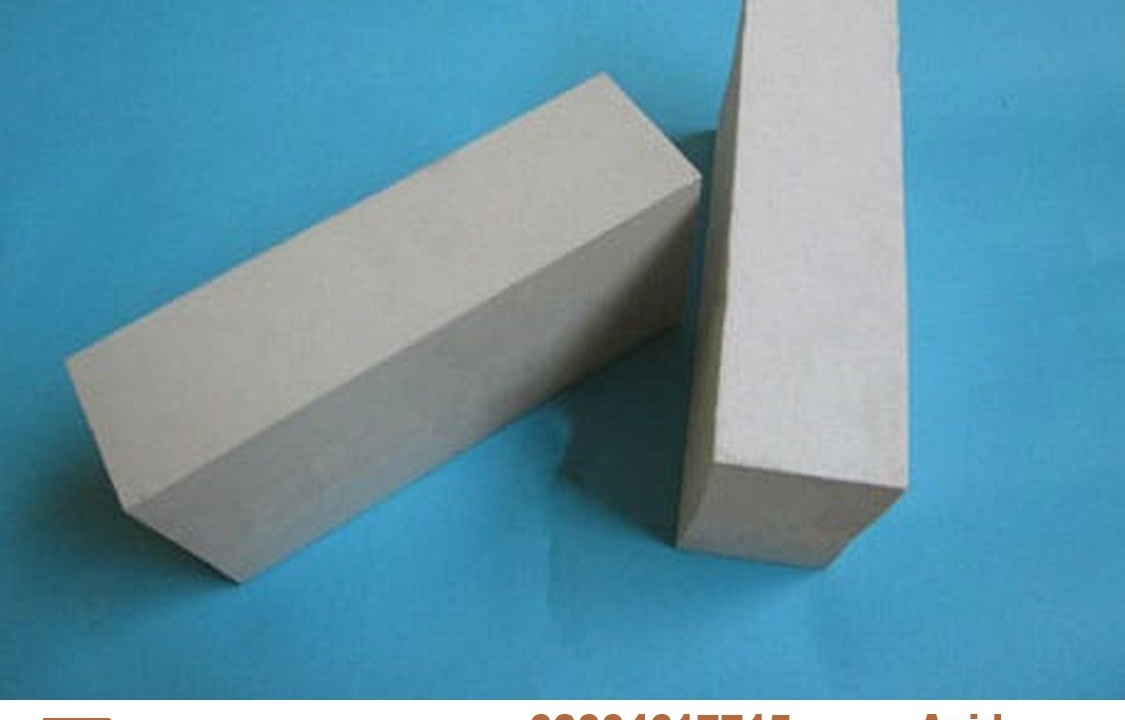Acid Proof Tiles Price
Acid Proof Tiles Price: The Best Solution for Your Industrial Flooring Needs
If you are in the market for durable and long-lasting flooring for your industrial space, then you might want to consider acid-resistant tiles. These tiles are specifically designed to withstand harsh chemicals and acids, making them an ideal choice for manufacturing plants, laboratories, and other industrial settings.
In this article, we will discuss the benefits of acid-resistant tiles, their various types, and the industries that can benefit from them.
Benefits of Acid-Resistant Tiles:
Acid-resistant tiles are specifically designed to be resistant to harsh chemicals and acids, which makes them a durable and long-lasting flooring solution for industrial spaces. Acid-resistant tiles are designed to withstand various chemicals, acids, and other corrosive substances, making them ideal for use in industrial and laboratory environments. In this comprehensive guide, we will cover everything you need to know about acid-resistant tiles, including their properties, applications, and installation.
Properties of Acid-Resistant Tiles:
Acid-resistant tiles are made of various materials, including porcelain, glass, and ceramics. These materials are carefully selected and processed to ensure that they can withstand harsh chemicals and other corrosive substances. The following are some of the key properties of acid-resistant tiles:
- High Chemical Resistance:
- Acid-resistant tiles are highly resistant to a wide range of chemicals, including strong acids, alkalis, and organic solvents. This property makes them ideal for use in chemical processing plants, laboratories, and other industrial settings where chemicals are handled.
- Durability:
- Acid-resistant tiles are highly durable and can last for many years without showing signs of wear and tear. This property makes them a cost-effective solution for areas that experience high traffic or heavy use.
- Slip Resistance:
- Acid-resistant tiles are designed to be slip-resistant, providing a safe and secure working environment even in wet or oily conditions.
- Low Water Absorption:
- Acid-resistant tiles have a low water absorption rate, making them ideal for use in areas where water is present.
Applications of Acid Proof Tiles:
Acid-resistant tiles are used in a wide range of applications, including:
- Chemical Processing Plants:
- Acid-resistant tiles are ideal for use in chemical processing plants, where they can withstand the harsh chemicals used in production.
- Laboratories:
- Acid-resistant tiles are commonly used in laboratories, where they can provide a safe working environment for researchers and technicians.
- Food Processing Plants:
- Acid-resistant tiles are ideal for use in food processing plants, where they can withstand acidic substances and harsh cleaning chemicals.
- Hospitals:
- Acid-resistant tiles are commonly used in hospitals, where they can withstand the chemicals used in medical procedures and provide a safe and hygienic working environment.
Installation of Acid Proof Tiles in Pakistan:
Proper installation is crucial in ensuring the durability and effectiveness of acid-resistant tiles. The following are the steps involved in installing acid-resistant tiles:
- Surface Preparation:
- The surface where the tiles will be installed should be clean, dry, and free of any contaminants.
- Adhesive Application:
- A suitable adhesive should be applied to the surface, ensuring that it is spread evenly.
- Tile Installation:
- The tiles should be laid out in a grid pattern, ensuring that they are aligned and spaced evenly.
- Grouting:
- Once the tiles are in place, grout should be applied between the tiles to ensure that they are securely held in place.
- Cleaning and Sealing:
- The tiles should be cleaned and sealed to ensure that they are protected from damage and maintain their appearance over time.
We hope that this guide has provided you with valuable information about acid-resistant tiles. If you have any questions or would like to learn more, please feel free to contact us.
Acid-Resistant Tiles Size:
The most common sizes of acid-resistant tiles are 100mm x 100mm, 150mm x 150mm, and 200mm x 200mm. These sizes are ideal for most industrial applications and are widely available from leading tile manufacturers. However, there are other sizes available as well, including larger formats such as 300mm x 300mm, 400mm x 400mm, and 600mm x 600mm.
The size of the acid-resistant tiles you choose will depend on several factors, including the size of the area to be tiled, the level of chemical exposure, and the type of installation. For example, larger tiles are often used for larger areas as they can reduce installation time and labor costs. On the other hand, smaller tiles are often used in areas that require precise cutting and fitting, such as around equipment and machinery.
It’s worth noting that some tile manufacturers offer custom sizes to meet specific project requirements. These custom sizes may be more expensive than standard sizes, but they can provide the perfect fit for unique applications. When selecting the size of acid-resistant tiles, it’s important to consult with a reputable tile supplier who can help you choose the right size for your specific needs.
Conclusion:
Acid-resistant tiles are an essential component of many industrial, laboratory, and medical settings. They provide a safe and secure working environment, withstand harsh chemicals and corrosive substances, and are highly durable. Proper installation is crucial in ensuring their effectiveness, and they can be used in a wide range of applications.
Related Products
We are selling all types of Khaprail Tiles designs and We are giving you a lot of Services. Since 1982, Khaprail Tiles’ mission is to make the best terracotta brick tiles in Pakistan, Clay Roof Tiles in Pakistan. This quality is achieved through the combination of the best materials, years of craftsmanship, and excellence in manufacturing.
Useful Links
©2023. Khaprail All Rights Reserved.

